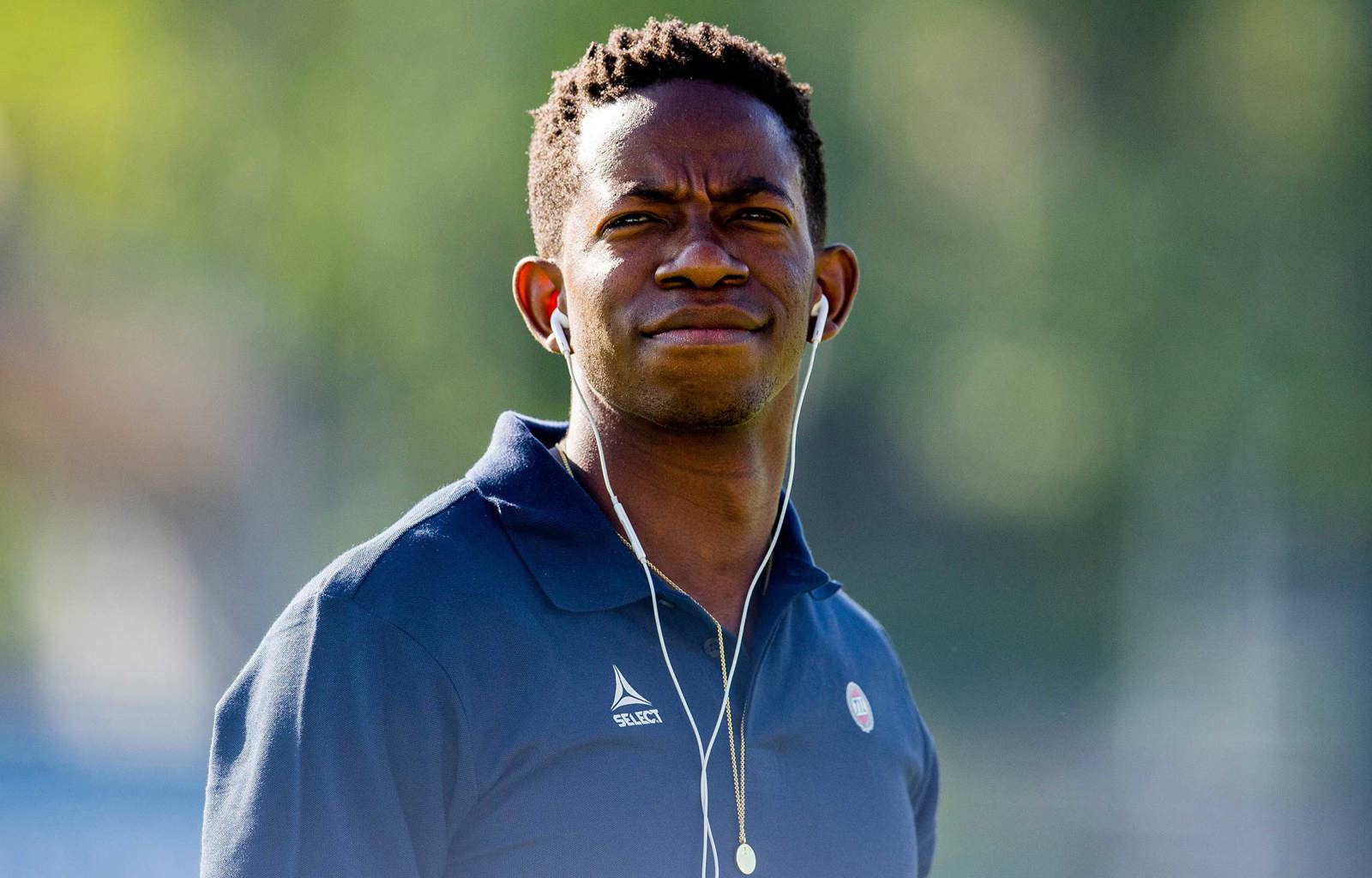
Mushaga Bakenga has played in Belgium, Denmark, Germany, Japan, and his home nation Norway. The 31-year-old Stabaek forward discusses why clubs introducing mental health professionals can help players on and off the pitch.
By Mushaga Bakenga
I used to be one of those people that didn’t think they needed mental health support. With a close family and friends that I could talk to, I felt strong and untouchable. But that was before I started picking up injuries.
At the time I was playing for a club that was far north in Norway, where it was completely dark for six months a year and then light for the other six. I found it difficult to adjust. I didn’t want to get up in the morning and go to training; my career wasn’t going in the direction that I thought it would, and I hated it. I hated football.
Every game was a struggle and, with the additional burden of multiple Achilles tendon injuries, I found myself thinking, this isn’t worth it, I want to quit.
It was at this stage that I went to my hometown, and only when I was surrounded by my family and friends did I realise how depressed I had been. It took being in a good place to realise I was in a bad place, and that it was my situation that needed to change – not my career.
I always thought if I was struggling mentally that I would know about it and do something to change the way I was feeling, but it doesn’t always work like that. And the more players I was talking to about this, the more common an issue I realised that it was.
If there had been someone to talk to at the time – a dedicated professional to help me unpack my feelings and frustrations – I think I would have been able to address the situation in a much healthier way.
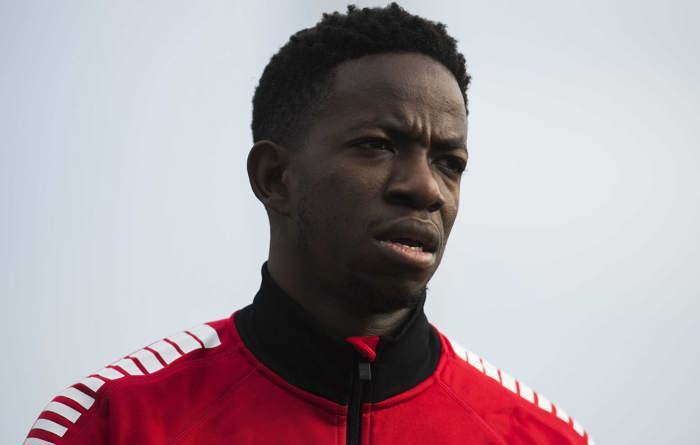
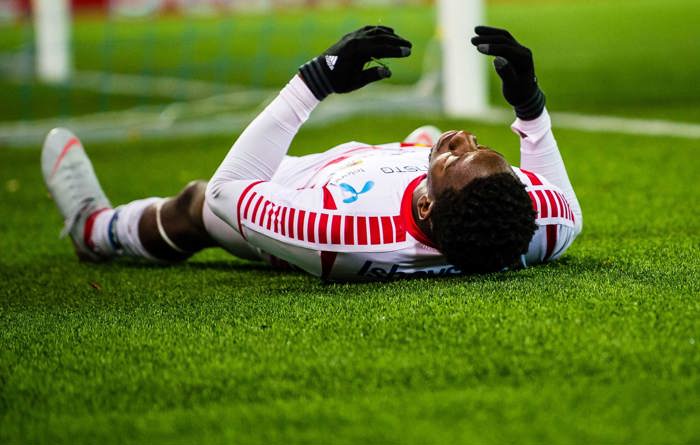
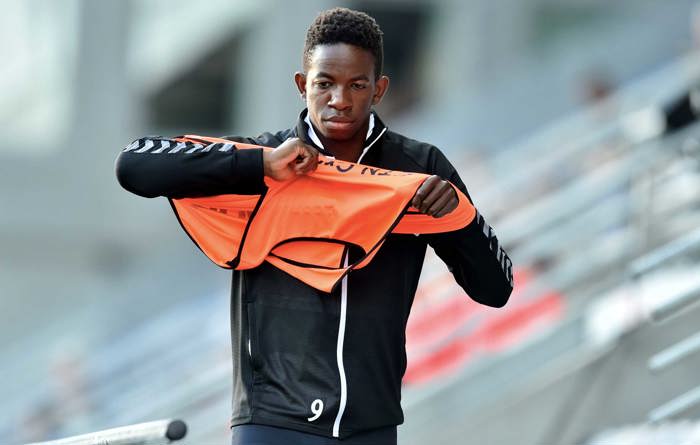
I’m now a board member at the Norwegian player union NISO and we compiled a mental health survey for the players to see just how many struggled with this aspect of their careers. The results showed most of the respondents had not only experienced depression, but also felt that there was no support from their club to help them deal with it.
I’ve been saying for a long time that a mental health coach is a critical investment in the well-being of any team, and I hope that the survey will inspire some clubs to take action. In the grand scheme of the game, it’s not a particularly lavish expense, and the benefits for the players’ performance would be more than worth the investment.
However, I’m aware of how things work: the survey comes out, the media writes about it, and everyone says, “Oh yes this is something that needs to be addressed”, but then a new story comes up and nothings gets done. My immediate goal is to shine more light on the situation, and create additional pressure for change.
The top team in Norway is already open about employing the services of a mental health coach, and all of the players and staff are crediting him for their recent success. The improvement in individual players has been astounding, and the club are reaping the rewards; with such a real example of the benefits, I’m not sure why everyone isn’t clamouring to follow suit already.
A big part of football is the talent. However, all the talent in the world won’t help you perform at your peak if your head is not in the right place. It’s bizarre how much emphasis is put on preparing ourselves mentally for matches, yet talking about our health can still be perceived as a weakness, rather than a necessary tool for performance.
The environment for footballers, especially younger ones, is so much worse today than it was before – with social media bringing an unwelcome channel for abuse and criticism. Everything is about what other people think.
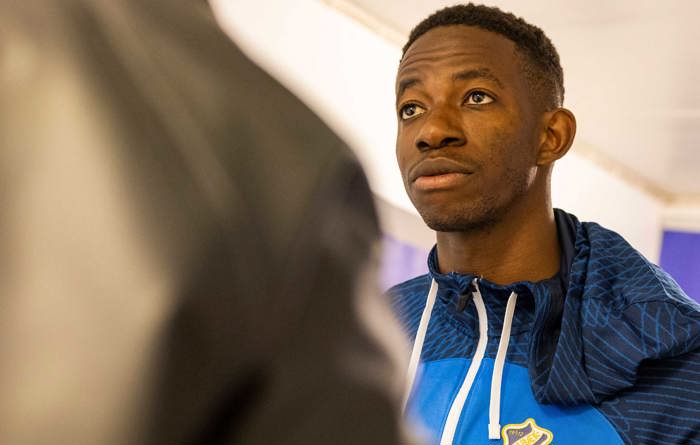
When things are going your way, you get built up and praised, but all it takes is one bad game and you get slaughtered. Imagine coming home from work to a barrel of messages telling you just how bad you are – that takes a toll. Players need training to develop the capacity to deal with that because some of the stuff is really nasty. It affects you.
Throughout my career I have received a lot of threats, abusive messages, and racist comments from around the world. For the most part I try to ignore it, but recently I made some of the communications public. It shocked a fair amount of people, but I wanted to do it for the younger players; to show them that this is out there and there is always going to be some idiot behind a keyboard who thinks he is entitled to make you feel like s*** – but you have to learn to not let it affect you.
It was an important step for me to take because I want to fight this aspect of football. But at the same time, I want to prepare other players for what’s coming because no matter who you are, it’s coming. Younger players look to older players for an example of how to be, and I want to lead them on the best possible path for the future.
I remember being a young player at Rosenborg playing with a much older squad of players who had established themselves in the Premier League and I very much looked up to them. It was then that I had my first experience of a mental health coach but, at 18 years old, I was very much a follower. The other players were disparaging of the services and didn’t take the exercises seriously, never mind seeking out individual sessions, and I just followed their lead and deemed it unnecessary. I didn’t appreciate what was being offered.
Then when I played in Belgium, I had access to another mental health coach, and by this point I realised that I needed the support. My mum, who is very much my therapist in everyday life, encouraged me to speak to him. It really helped me work through my issues and improve my performance. But still, I hadn’t learned my lesson. When I felt better, I forgot all about it. Life was good again, so I neglected that side of my development, which defeats the point of a mental health coach because your mind needs constant care – just like any other part of your body, if you’re going to be your best on the pitch.
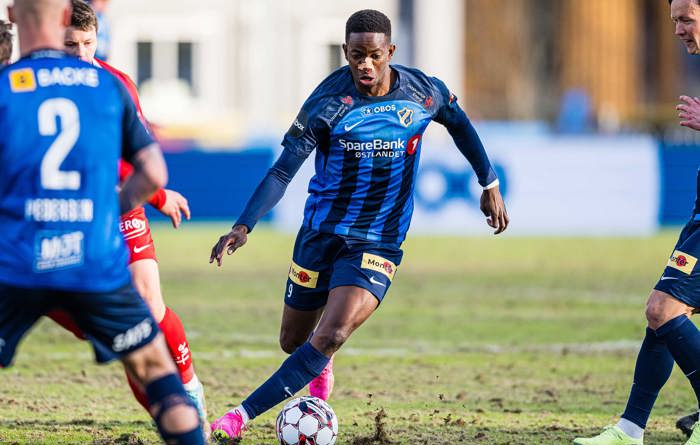
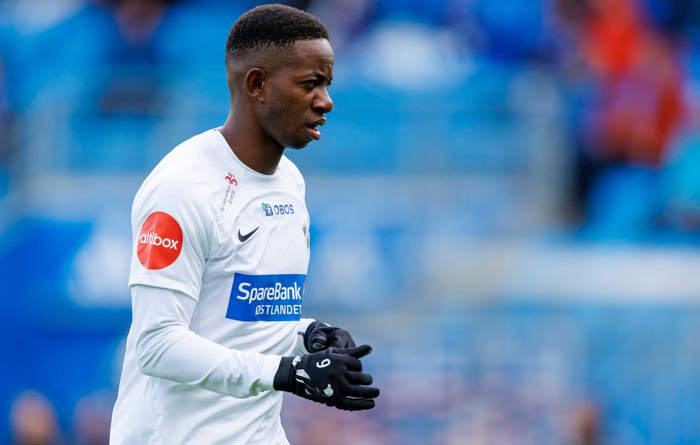

The last time I encountered this kind of support was at a Norwegian club some years ago. The person in question was hired as a physical coach, but he had a master's in psychology and started talking to me here and there about more cerebral aspects of my performance. He changed my life as well as my career.
I was in a position where I was much more open to listening, which enabled me to take everything he said on board – from sleeping, to training, to mental exercises. He provided me with tools that I still use today.
By this point I was no longer a follower, and I was in a position to dispel the naïve approach to mental health that I had grown up with for the younger players in my squad. So, I encouraged all of them to make use of the services available to them.
I couldn’t express enough how this aspect of care could open up their careers, help them tackle the blocks that were holding them back, and help them achieve their full potential. The result was so positive for the team, and it created such a healthy working environment for the players.
When clubs hire a mental health coach, even part time, they aren’t just providing a service for the players – they’re sending a message. It shows you see them as human beings, who are shaped and affected by events both on and off the pitch. Yes, we are there to do a job, and yes to a certain extent we are commodities that can be bought and sold for the financial gain of the club, but it’s nice to be recognised as more.
Human beings need to talk to work through our feelings. It’s in our nature. Footballers, with all the internal and external expectations, are no different. You feel so much lighter and more secure in yourself after opening up to a therapist, and that puts you in a much better position to focus on your game, as opposed to bringing all of your worries and stresses onto the pitch with you.
For me, having a mental health professional is an obvious benefit for clubs, not just in Norway but across the world. If you want a team to perform at its peak, investing in your players mental health should be a top priority.


